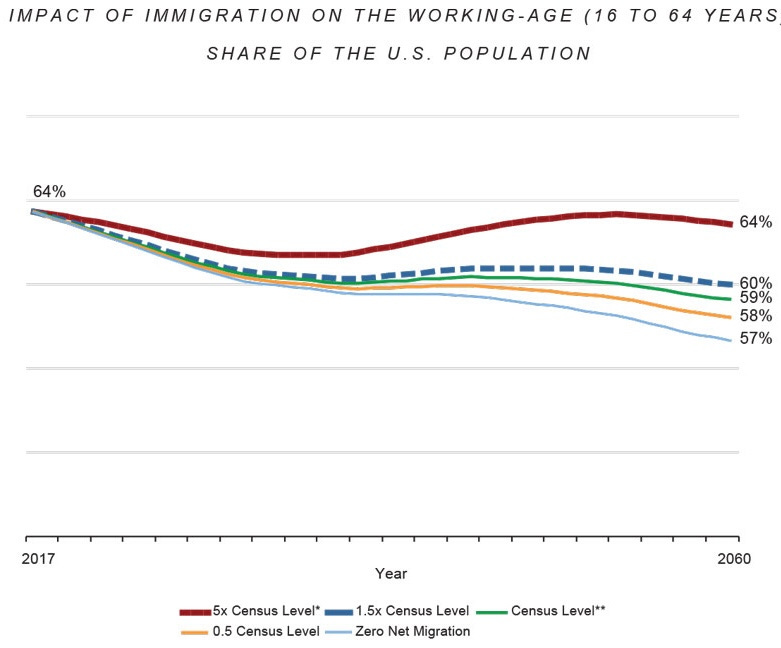Water, water, everywhere
but not a drop to drink
Since ancient time, seafarers worried about drinking water. Becalmed at sea—the scuttlebutt filled with slime and all the sailors down to a jealously-watched cup a day—tarred sails stretched horizontal to catch any drop of rain—and then when the rain came, the frantic happy scramble to catch the tarry, dirty stream from where the sail-basin drooped down. The quote is from Coleridge’s Rime of the Ancient Mariner. You can have water everywhere, and still die of thirst.

Conversely, you can also have no water, and die of thirst.

Modern life is a bit of both. Vast stretches of desert filled with seeping salt springs. Vast oceans with sandbars. The ocean problem is so much polluted and unreliable information, streams and rivers and oceans of it. The desert problem is so many important, basic questions that no one has ever made a serious attempt to answer.
There is so much corrupted and unreliable information, made worse by AI, with good information mingled indistinguishably with the rest. But some of the information we would most like to have doesn’t exist even in unreliable forms. There are obvious questions we would all like to know the answers to where the answers don’t even exist.
This transmission is about two key information deserts.
Diet and Nutrition
Almost no diet or nutrition method has high-quality studies with thousands of long-term participants. No one has the incentive to fund something like this. A government might, but our government is not a reliable generator of quality information and in any case seems not to have tried.
Is this true? Who knows?
One or two studies, a little bit of empty influencer, and a little bit of grift. Everything is like this. Mewing, cocounit oil, sun…
Even informed and intelligent people disagree about basic things like the causes of metabolic disorders and non-pharmaceutical ways to reduse obesity. Fasting works! Fasting wrecks you! Low-protein, high fat! High-protein, low fat! CICO is a myth! CICO is the only thing that works!
We love the Mid-Victorian Diet because it was a huge population that did it, over many decades, in as close to a modern environment as we can find, and it was done by people genetically similar to us.
But it still has critical unanswered questions:
What changed for the late Victorians (and for us)? is it possible to effectively mimic their diet without their vast quantities of physical work? Can you effectively supplement micronutrients in a protocol that allows their absorption?
Are all the herring and raw onion really necessary?
Natalism
There is much we think we know that we don’t. Theories about ‘why’, for example. Religion, health, money, housing size, patriarchy, social services, crowding… Almost every confident theory has a confident counter-example.
The emerging consensus that the key is raising the status of mothers even has counterexamples. Birth rates declined all across western Europe and America during the 19th Century while the status of motherhood went up and up to sentimental heights.
The emerging Natalist consensus that financial incentives don’t work turns out to also be based on almost nothing. A few countries, and financial incentives that seem absurdly small.
Green Eye-Shade Natalism
Natalcon is coming up and Hungary just lowered the number of children required to go tax-free. In this transmission we will talk natalism policy and why you should attend Natalcon, along with a key tool for Natalism in One Family.
We do know some things. Immigration doesn’t fix birth rates long term, we know that.
How to achieve natalism in one family, we know the basic rules and we have a lot of functioning examples of those rules in action.
But beyond that, the age of data can tell us a lot about consumer preferences but not a lot about what we want to know.
Beyond that big why, even more granular within-country questions don’t have full, satisfying answers.
How much does raising a child actually cost?
What are the marginal costs of additional children?
How much of the costs of raising children are actually due to unsafe neighborhoods and housing regulations?
What regulations have raised the cost of having a family, and by how much? (E.g., CAFE and car seat mandates)
How much does age actually change the chances of courtship?
Does early marriage still have higher chances of divorce when you control for socioeconomic status?
What correlates with having grandchildren?
What courtship practices work, at what ages?
What, pre-marriage, correlates with higher chances of having a large family?
What is the actual rate of paternity uncertainty?
How much parental investment matters?
Are pheromones real?
What to Do About It
Find people that you trust. Experiment. Share with each other. Pray. Trust your instincts. Assume the world was meant to produce happiness and excellence.
Find your fountain. Drink your fill.







